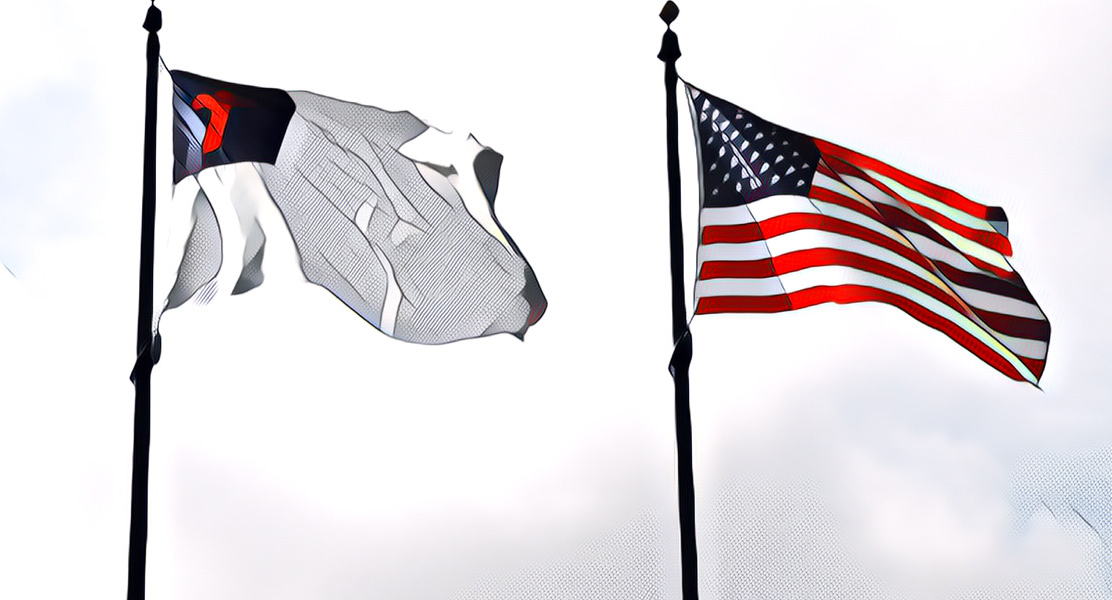U.S. Supreme Court agrees to hear bid to fly Christian flag at Boston City Hall

The Supreme Court last week granted a petition to take up the case of Shurtleff v. City of Boston, a lawsuit brought by a civic organization challenging the city’s denial of their request to fly a Christian flag temporarily outside city hall. The group claims the city treats the flagpole as a public forum – allowing others to fly their flag there – and thus cannot deny this organization, which calls itself “Camp Constitution,” the opportunity.
The 1st U.S. Circuit Court of Appeals, like the district court below it, rejected their claims multiple times (see previous posts here and here), most recently in January of this year, concluding that the city’s flagpole is not a public forum but instead is an example of government speech. The city is “entitled,” the appeals court explained, “to select the views it wants to express.”
Here is an excerpt from that opinion:
Here, the City exercised those rights by choosing not to fly the plaintiffs’ third-party flag. In the City’s view, this choice allows it more appropriately to celebrate the diversity and varied communities within Boston. Should the citizenry object to the City’s secular-flag policy or to its ideas about diversity, the voters may elect new officials who share their concerns.
…
Because an observer would attribute the display’s message to the City, the powerful display of a single religion’s flag (in this case, an “important symbol” of the plaintiffs’ religion) could signal the City’s embrace of that religion.
The appeals court relied in part on the U.S. Supreme Court’s 2009 decision in Summum v. Pleasant Grove City, Utah. There, the Court ruled that the First Amendment did not require the city to allow a religious group’s proposed monument to “Seven Aphorisms” to be placed alongside a similar monument to the Ten Commandments. (See BJC’s response to that ruling here). The Court in Summum unanimously ruled that the selection of such monuments constitutes government speech and not a public forum open to all.
The appeals court also cited the Supreme Court’s more recent memorial cross decision, American Legion v. American Humanist Association. There, a splintered Court upheld a large memorial cross on public land, primarily because of its particular longstanding history at that site, a critical factor not present in the bid to fly the Christian flag at Boston’s City Hall. The American Legion ruling, as BJC General Counsel Holly Hollman pointed out at the time, does not support new, Christian-only religious displays on public land.
After the Supreme Court granted cert in this case, BJC Executive Director Amanda Tyler noted the importance of the government staying neutral in religious matters:
A founding principle of U.S. religious freedom is that the government does not promote religion. The Supreme Court has eroded that principle over the past several years in decisions that have sanctioned government-sponsored prayer in official town meetings and upheld certain religious monuments on government property. As BJC considers the facts of this particular case, we will remain faithful to the principle that religious freedom for all is best served when the government stays neutral when it comes to religion.
In its petition to the Supreme Court for review, plaintiff organization Camp Constitution argued that the 1st Circuit ruling misapplied public forum and government speech doctrine and should be reversed. Oral argument in the case, which will be heard sometime this term, has not yet been set.




